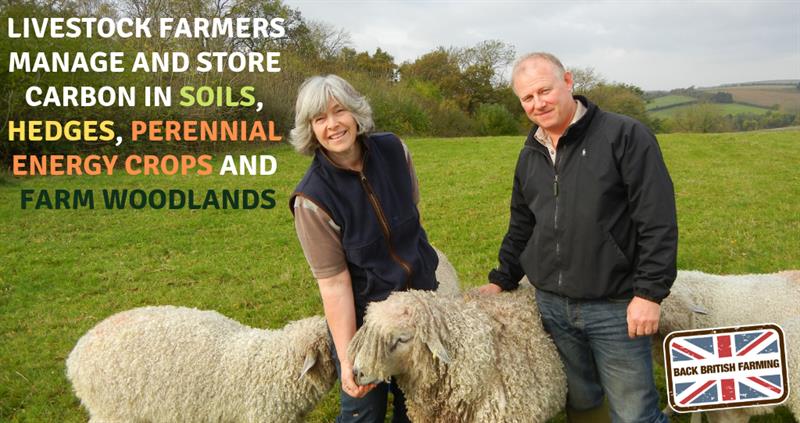We asked Phil some questions on the importance of soil health and why it is a farmer's number one asset.
Why is soil so important?
Phil: It’s our shop-floor. Lots of things go through it whether that’s roots, water, air, worms, if we can’t get the soil right then we’re in trouble, so it’s really important. It grows the food that we eat, whether it be arable crops or livestock, there are few things that don’t rely on soil in our food chains.
How do you look after your soil and are there any specific methods you use?
Phil: There’s a bit of old school husbandry and a bit of new, modern technology. Good rotations are really essential as is not over-cultivating. Some of the things our forefathers have done – those sorts of things are quite important. And I also think modern practices with machinery and technology with the soil is important – using some of those technologies like drones and satellites and GPS allows us as farmers to have a lighter footprint on the ground.
Why do you think the public should care about the health of the nation’s soil?
Phil: Along with air and water, basically, soil is fundamental to our existence. Now, whether it’s the food it grows or the trees or grass that grows on it, it can convert, or ‘fix’, nitrogen from the air into mineral nutrients, the process by which our plants extract that is done through the soil. So, the way things grow, and the way water feeds into soil, as a farmer and grower, everything stems from it.
When we go to the supermarket and pick something from the shelves, most things have had something to do with the soil along the way, whether it’s the product itself or something the product has eaten, there’s usually soil involved in the process somewhere.

Pictured above: A sample of soil from Phil Jarvis's farm showing a good soil structure and a healthy worm population?
How big a part can soil play in the NFU’s ambition to achieve net zero by 2040?
Phil: After the oceans, the planet’s soil is the second largest carbon sink. It’s going to be really important! The big question is, how much carbon can we lock up in our soil? We talk about locking up carbon in trees which are very visual. It’s less tangible to grab some carbon dioxide, grow something, form some carbon or organic matter and stick it in the soil. When you think of the amount of land under agricultural production and growing food, anything we can do to increase that organic matter, really is going to make a difference to our carbon footprint.
Why is soil important not just to growers of crops, but livestock farmers too?
Phil: There are large parts of the country where it’s impossible to grow arable crops. That’s why we grow so much grass here. The UK maritime climate is ideal for growing grass for animals to eat. Around 65% of farmland in the UK is best suited to growing grass rather than other crops. If we didn’t graze livestock on it, we could not use it to produce food. Grazing livestock on this land allows us to turn inedible grass into high quality, nutrient-rich beef and lamb. You know, we are providing a balanced part of our diets.
One of the NFU’s asks under the new Environmental Land Management Scheme (ELM), is to avoid a one-size-fits-all approach and to ensure future policy is flexible for all. Why is that important?
Phil: There are different areas of the country with different farming types, different field sizes, different habitats and different soil types. As a former US President once said, “it’s very easy to farm with a pen when you’re a very long way away from the field”. With a sweeping gesture on a piece of paper you can draft a policy on soil. But, actually its very different when you get down on the ground and I think that is why you need that flexibility, that ability to let local farmers, areas, catchments, make some of those decisions.
I think the first part of the government’s transition roadmap does mention soil management and integrated pest management, so soil is high on the agenda. It’s just crucial that while we may have a big ambition for the country that we remember local and flexible. I’d also like to see practices encouraged that benefit the soil rather than just measure it - if we’re not careful, we could just end up measuring a decline in soil health instead of anything that rejuvenates or enhances soil.
You might also be interested in:
